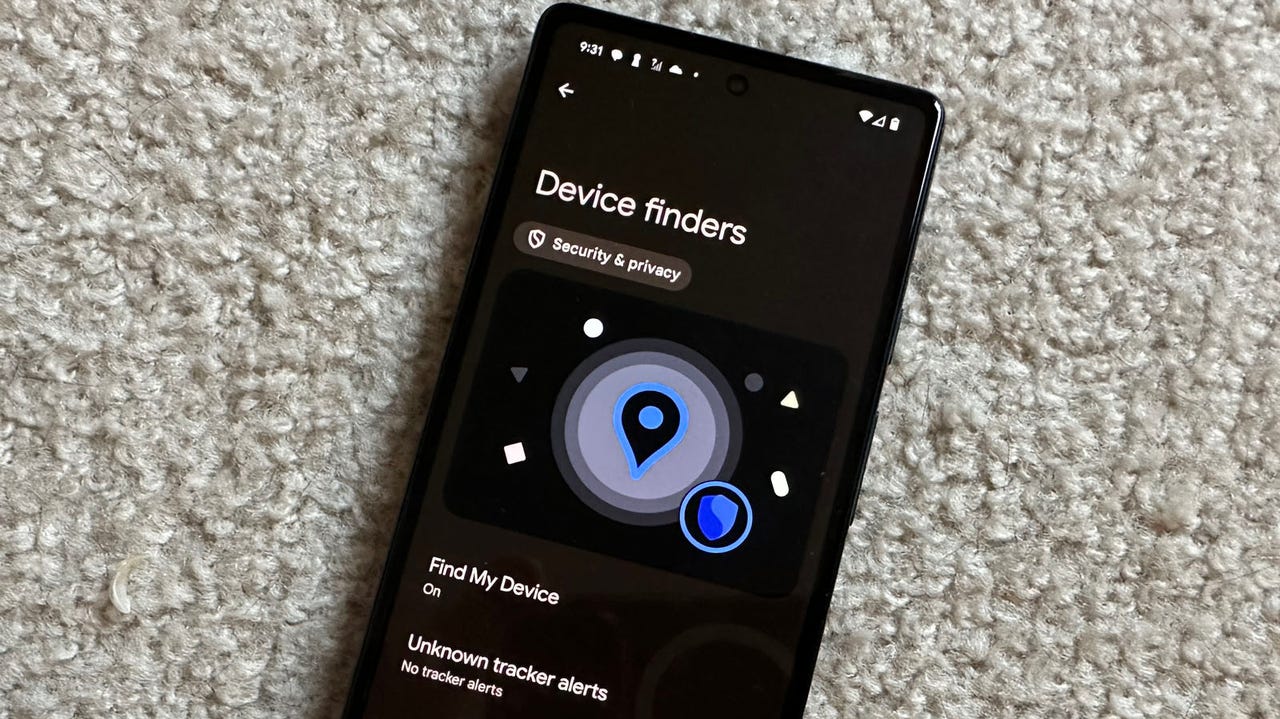'ZDNET Recommends': What exactly does it mean?
ZDNET's recommendations are based on many hours of testing, research, and comparison shopping. We gather data from the best available sources, including vendor and retailer listings as well as other relevant and independent reviews sites. And we pore over customer reviews to find out what matters to real people who already own and use the products and services we’re assessing.
When you click through from our site to a retailer and buy a product or service, we may earn affiliate commissions. This helps support our work, but does not affect what we cover or how, and it does not affect the price you pay. Neither ZDNET nor the author are compensated for these independent reviews. Indeed, we follow strict guidelines that ensure our editorial content is never influenced by advertisers.
ZDNET's editorial team writes on behalf of you, our reader. Our goal is to deliver the most accurate information and the most knowledgeable advice possible in order to help you make smarter buying decisions on tech gear and a wide array of products and services. Our editors thoroughly review and fact-check every article to ensure that our content meets the highest standards. If we have made an error or published misleading information, we will correct or clarify the article. If you see inaccuracies in our content, please report the mistake via this form.
Google finally launches its Find My Device network. Here are the Android models that support it

Android users will soon be able to locate phones, smartwatches, earbuds, and trackers courtesy of Google's new Find My Device network. On Monday, Google finally launched its Find My Device network geared toward locating devices even if they're offline.
Also: Android 15 could bring back a buzzword that was once the talk of the tech industry
"Today, the all-new Find My Device is rolling out to Android devices around the world, starting in the US and Canada," Google said in a new blog post. "With a new, crowdsourced network of over a billion Android devices, Find My Device can help you find your misplaced Android devices and everyday items quickly and securely."
Although Google already offers a Find My Device setting on Android phones, the device you're looking for must be powered on and connected for the feature to work. The new Find My Device network is designed to use Bluetooth to track down missing phones and other devices that are disconnected from a Wi-Fi or cellular network.
A Powered Off Finding feature would let each device store beacons in its Bluetooth controller's memory, letting the network see any supported device even if it's not connected.
In its blog post, Google described five ways Android users can tap into the new Find My Device network. You can locate any compatible Android phone or tablet by ringing it or viewing its location on a map. The network will find any supported device even if it's offline. And it will track down any Pixel 8 or Pixel 8 Pro phone even if it's powered off or the battery is depleted.
Also: The best Bluetooth trackers of 2024
Starting in May, you'll be able to use the Find My Device app to locate items like keys or luggage via Bluetooth tracker tags made by Chipolo and Pebblebee. Designed especially for the new network, the tags will send you unknown tracker alerts across Android and iOS devices to warn you about any unwanted tracking.
Also launching in May will be a Find nearby button that will help you pinpoint an object that may be hiding right next to you. By using the upcoming Bluetooth tags, you'll be able to hunt down nearby objects like a wallet or keys.
Next, the Find My Device app will show you a missing phone or other item in relation to your home Nest devices, providing you with a reference point.
And finally, you'll be able to share a device or accessory so that other people can track it as well.
Also: How to enable Find My Device on your Android phone (and why you should)
Google announced the Find My Device network in September 2023, but delayed its rollout over fears that the technology could be misused by people armed with Bluetooth trackers, such as Apple's AirTags, to track and stalk other people. Apple's upcoming iOS 17.5 (now in beta testing) reportedly contains the necessary security protections to prevent this type of abuse, paving the way for Google to finally launch the network.
So, which Android phones will be able to use the new Find My network? Though only the Pixel 8 and Pixel 8 Pro can be found even if they're powered off, the network will work with any phone running Android 9 or higher.
And how secure and private will your devices been on this new network? "Multi-layered protections built into the Find My Device network help keep you safe and your personal information private, while keeping you in control of the devices connected to the Find My Device network," Google said in its post. "This includes end-to-end encryption of location data as well as aggregated device location reporting, a first-of-its-kind safety feature that provides additional protection against unwanted tracking back to a home or private location."
